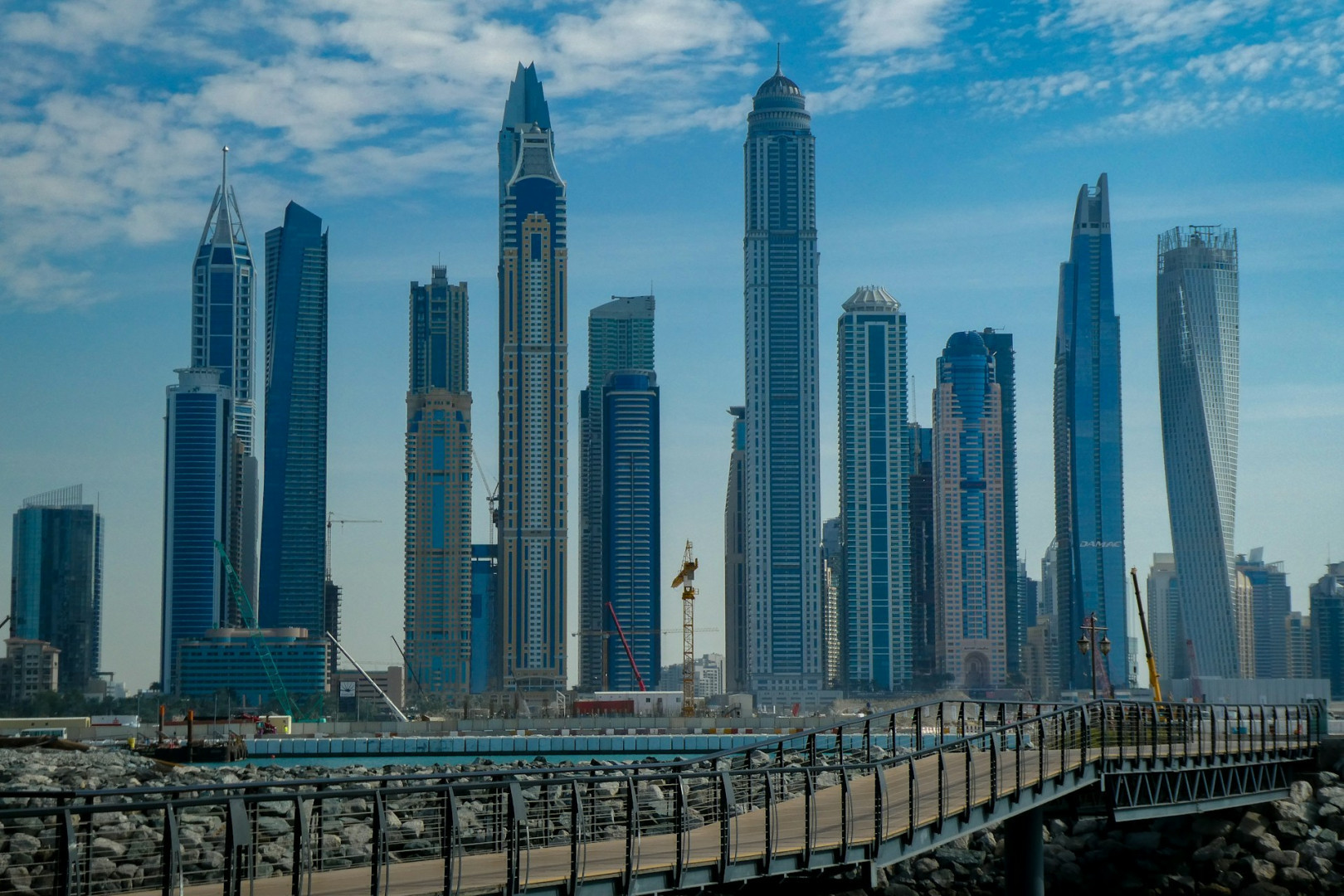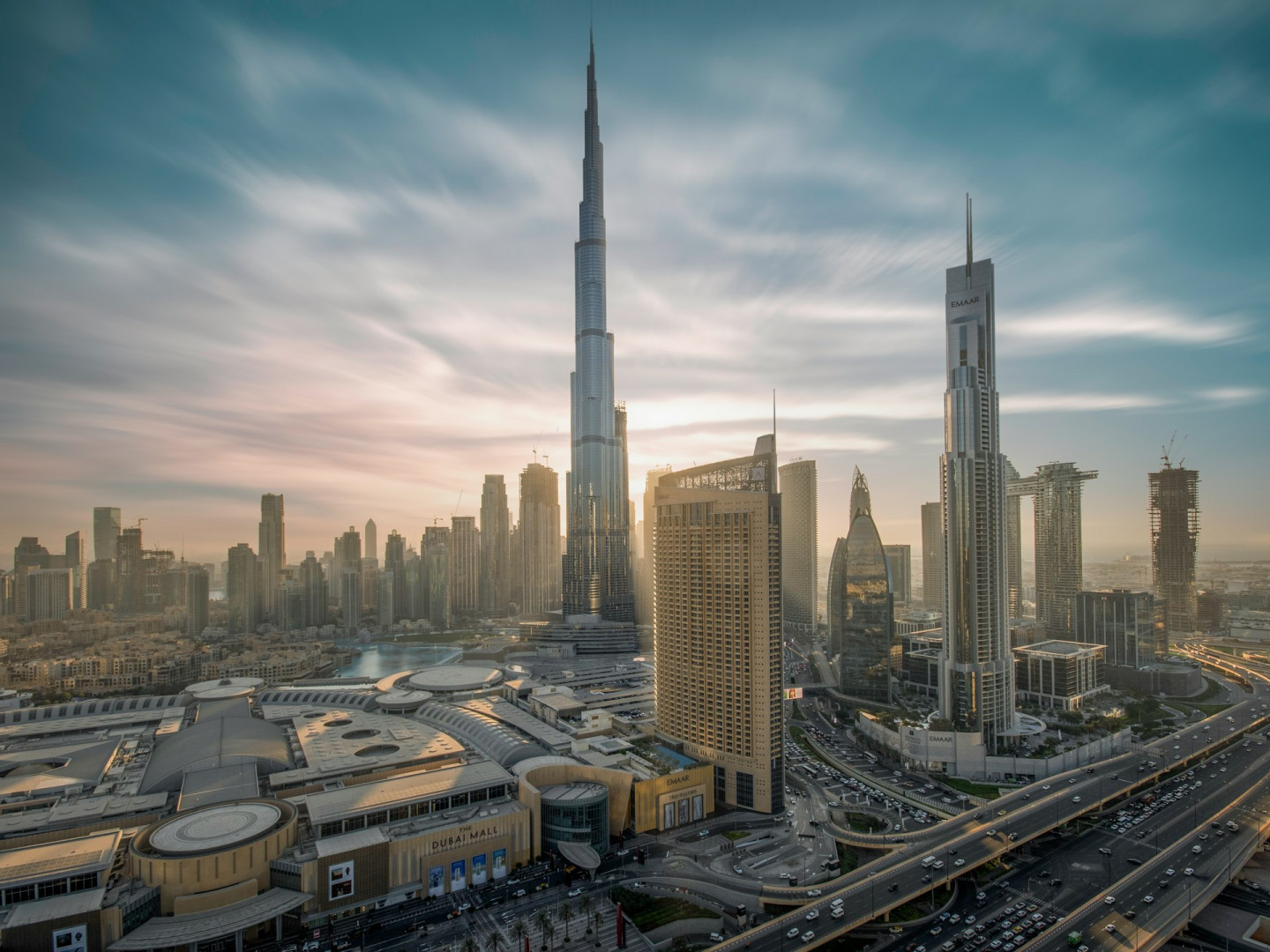
Off-plan properties
About us
When buying property in Dubai directly from a developer (off-plan), you’ll often hear the word Oqood. It’s an Arabic term meaning “contract,” but in Dubai real estate, it refers to a digital platform managed by the Dubai Land Department (DLD) that ensures transparency and protection for buyers and developers in off-plan transactions.
Understanding the Oqood Dubai registration process is essential for anyone buying off-plan property — it guarantees legal protection, transparency, and smooth resale options.
Oqood is an online registration system introduced by the Dubai Land Department (DLD). It manages all contracts and agreements related to off-plan property sales.
Key functions:
Without Oqood registration, the purchase of an off-plan property in Dubai is not legally recognized.
To register your property through the Oqood system, you (or your developer on your behalf) will need to provide the following:
In most cases, the buyer pays these fees, while the developer completes the registration.
| Feature | Qqood | Title Deed |
|---|---|---|
| When issued | For off-plan properties (under construction) | After handover of the completed property |
| Purpose | Confirms buyer's rights during construction | Confirms full legal ownership of the property |
| Issued by | Dubai Land Department (via Qqood portal) | Dubai Land Department (via Real Estate Trustee offices) |
| Resale | Required to legally resell off-plan units | Required for reselling or mortgaging ready properties |
| Validity | Until project handover | Permanent proof of ownership |
Think of Oqood as the temporary ownership record during construction, while the Title Deed is the final certificate of full ownership after completion.

Imagine you purchase a 2-bedroom apartment from Emaar in Dubailand at a launch price of AED 1,400,000.
Later, if you decide to resell the unit before handover, the buyer and seller transfer the Oqood via DLD. After completion, the Oqood converts into a full Title Deed.
Even though Oqood registration is straightforward, many first-time investors overlook key details:
While Oqood is a government-managed system, navigating the process can still be confusing for first-time buyers or overseas investors. A licensed broker ensures:
At DDA Real Estate, our team assists buyers from the first booking fee to Oqood registration and, later, the Title Deed transfer — ensuring that every step is fully compliant and investor-friendly.
You might be interested in: "Real Estate Broker in Dubai: Why Do You Need One?"
What is the difference between Oqood and Title Deed?
— Oqood is for off-plan properties (under construction), while a Title Deed is issued after project completion.
Who pays the Oqood fee?
— The buyer pays 4% of the property value to DLD.
Can I resell my off-plan property before handover?
— Yes, but only if the Oqood is registered.
How long does Oqood registration take?
— Usually 2–10 working days, depending on developer and DLD processing.
Is Oqood mandatory?
— Yes, without Oqood your off-plan purchase is not legally valid.
Can I finance Oqood through mortgage?
— No, banks finance only after Title Deed registration (upon handover).
Oqood registration is a cornerstone of Dubai’s real estate system. It protects buyers, ensures transparency, and secures every off-plan property transaction under DLD’s supervision.
If you’re planning to buy off-plan property in Dubai, make sure your Oqood is registered properly.
Leave a request with DDA Real Estate today — we’ll send you a curated list of top off-plan projects in Dubai and guide you through booking, Oqood registration, resale, and Title Deed transfer.